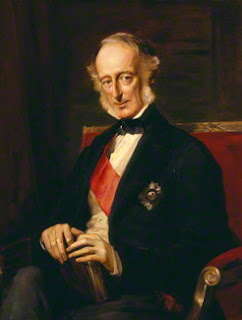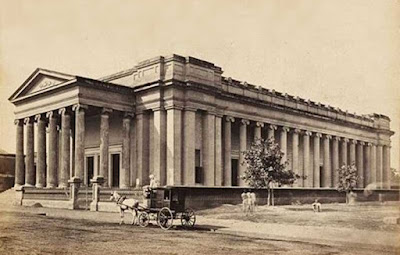Living in the shadows of history
All humans are not born equal. Some are born in the shadows of a colonial past, with an indelible history embedded in themselves. Whatever they may do - and many of them do a lot - they remain unerringly colonial. Even if they are accepted by kind friends, behaviour with them - towards them - falls under tolerance; and indeed, they are always periodically reminded of who they are by others not so kind. They are confronted with stereotypes of themselves in daily lives, and even when those stereotypes are positive - for me, being considered an IT specialist just because I am Indian, for example - it is often living another person's life: That of a historical person, who we don't know and aren't ourselves, but who was present at birth and will always stay with me. It's hard to explain this experience to someone who is not born into this perpetual coloniality. There are things a colonial can see - even when she chooses to ignore it - which the others may not notic...




